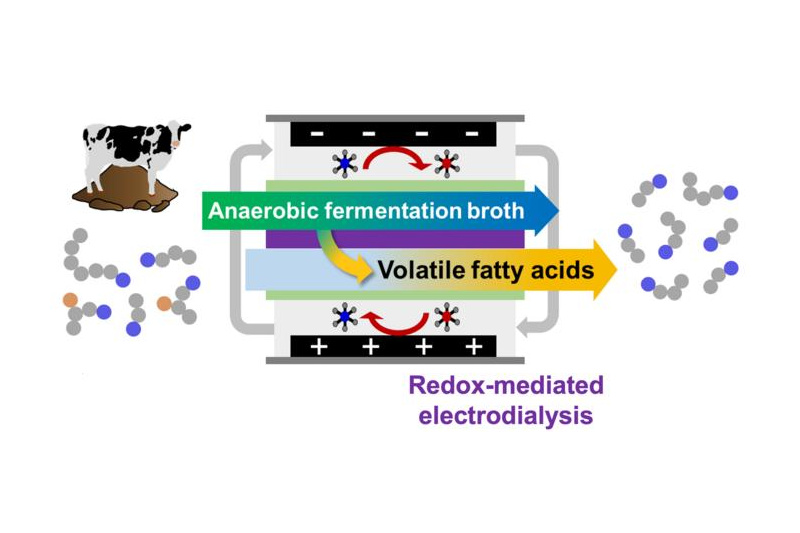

Using a dedicated application technique and electrophysiological measurements, the researchers rapidly activated the glutamate receptors. The picture shows a setup for patch-clamp electrophysiology.
Credit: RUB, Marquard
Professor Andreas Reiner and Stefan Pollok from the junior research group Cellular Neurobiology at Ruhr-Universität Bochum (RUB) report on this unexpected finding and the underlying mechanisms in the journal PNAS from 30 September 2020.
Wanted: more precise drugs
Glutamate is the messenger substance, which the brain uses to pass on excitatory signals. Receptors for this neurotransmitter are a promising target for drug development, as they are involved in many pathological processes. For example, they play a role in epilepsy, mental disorders, strokes or brain tumours.
“In these cases, it may be beneficial to reduce the activity of glutamate receptors,” explains Andreas Reiner. For this purpose, so-called antagonists have been developed, i.e. drugs that inhibit the activation of glutamate receptors. However, many of these antagonists inhibit all glutamate receptor subtypes, thus producing undesired adverse effects. To circumvent this problem, researchers are currently looking for drugs that only bind to certain receptor subtypes.
Measuring the effects of antagonists directly
In their current study, the researchers analysed the effects of such antagonists on selected receptor subtypes in more detail. For this purpose, they used cultivated cells containing only individual subtypes or specific receptor combinations. Using a dedicated application technique and electrophysiological measurements, the researchers rapidly activated the glutamate receptors, similar to their activation at synapses in the brain, and measured the influence of the antagonists.
Potentiation instead of inhibition
“We made a surprising observation in the process,” says Stefan Pollok. “For certain receptor combinations, we did indeed see a reduction in activation, as expected, but, at the same time, the natural inactivation process was reduced or even completely abolished.” The result was a longer-lasting and overall stronger response than without the antagonist. Instead of the desired inhibition, the researchers observed a potentiating effect.
In subsequent experiments, the team identified the molecular mechanisms of this behaviour more precisely: The potentiating effect is observed when the antagonists bind to receptors that consist of different subunits where it acts on only a part of the subunits.
“Such so-called heteromeric receptors are, however, of great importance for signal transduction in the central nervous system,” says Andreas Reiner. The findings are therefore significant for neuroscientists, who are increasingly using selective antagonists to decipher the function of the various receptor subtypes. On the other hand, the study might also have an impact on the development of new therapeutics.
“We’ve gained new insights into how this fascinating class of receptors works,” concludes Andreas Reiner. In the future, he also wants to investigate the effects of other glutamate receptor drugs.














